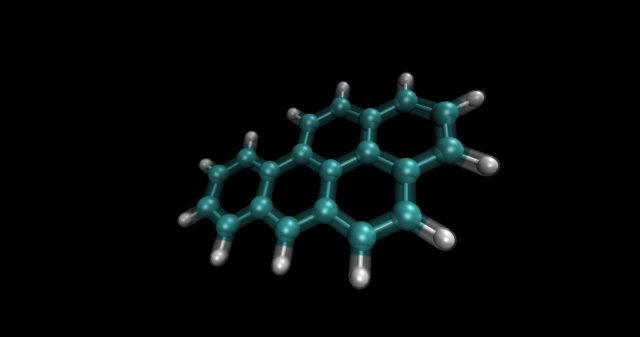
The pursuit of scientific excellence often hinges on the minute details, and when it comes to molecular research, the quality of peptides used can significantly impact the outcomes of experiments. Peptides, small chains of amino acids, are crucial for a wide array of research and development projects, including drug discovery and the study of protein functions. As you seek to ensure the success of your research, understanding what constitutes high-quality peptides and where to acquire them is paramount.
Understanding the Importance of Peptide Purity in Scientific Research
Peptide purity refers to the percentage of the peptide that is the correct sequence and free from contaminants. In the context of scientific research, high purity is vital as impurities can interfere with experimental results, leading to ambiguous data or false conclusions. Working with high-purity peptides reduces variables and increases the reliability of research outcomes.
Impurities in peptides can originate from various sources during the synthesis process, including incomplete reactions, deprotection issues, or aggregation. Such contaminants not only compromise the integrity of the peptide but can also affect its solubility and stability.
Peptide purity is usually established through analytical methods such as high-performance liquid chromatography (HPLC) and mass spectrometry (MS). These techniques help to quantify the precise makeup of the peptide sample, providing researchers with confidence in the substance they are using. Scientists need thorough documentation of these analyses when purchasing peptides for their work.
Furthermore, the specific requirements of a research project will dictate the necessary level of purity. For example, peptides used in quantitative bioassays often need to be of higher purity than those used in qualitative experiments. Understanding these requirements is key in selecting the right peptides for your research objectives.
Evaluating Sources
When it comes to acquiring peptides for research purposes, scientists must carefully assess potential suppliers. A reputable source will not only offer peptides of high purity but will also provide comprehensive information regarding their synthesis and quality control procedures. This transparency is a hallmark of a reliable vendor committed to supporting scientific endeavors.
It’s recommended to seek out providers that have established a strong reputation within the scientific community, often demonstrated by peer-reviewed publications citing the use of their products, such as Loti Labs peptides. Additionally, engaging with suppliers who specialize in custom peptide synthesis may be beneficial for researchers who require peptides with specific modifications or uncommon sequences. These providers typically possess the expertise needed to produce complex peptides to exact specifications.
Peptide Synthesis and Verification
The process of peptide synthesis is delicate and requires precise control to yield a product of high fidelity. Solid-phase peptide synthesis, one of the most common methods used, allows for the assembly of peptides in a step-wise fashion, offering researchers customizability and scalability. These benefits, however, hinge on stringent quality control measures during synthesis.
Verification of the synthesized peptides is an integral part of the quality assurance process. Providers must utilize advanced techniques to confirm that the correct sequence has been achieved and that the peptide meets the purity specifications. Certificates of Analysis (CoAs) are typically provided with each peptide batch, containing detailed information on the analytical tests conducted and the results obtained.
It is not uncommon for peptides to require post-synthetic modifications, such as phosphorylation, methylation, or conjugation to various molecules. Verification of these modifications is equally crucial, as they often determine the biological activity and functionality of the peptide within the research context.
Regulatory Compliance and Quality Assurance in Peptide Procurement
In the realm of peptide procurement, regulatory compliance is not to be taken lightly. Suppliers must adhere to well-established standards, such as the International Organization for Standardization (ISO), to ensure that their products are suitable for scientific research.
Quality assurance, on the other hand, is an ongoing commitment to delivering products that meet stringent quality criteria. When selecting a peptide supplier, it is prudent to inquire about their compliance with such regulations and to request evidence of their quality assurance practices.
In addition to these broader regulatory frameworks, peptides used in pre-clinical or clinical studies often need to meet even more stringent guidelines, such as those set forth by the Food and Drug Administration (FDA) or the European Medicines Agency (EMA) for Good Manufacturing Practices (GMP). Adherence to GMP standards ensures that the peptides are produced in a controlled environment with traceability, which is critical for later-stage research and development.
Altogether, the procurement of high-quality peptides requires a multifaceted approach that encompasses purity, sourcing, synthesis accuracy, and compliance with regulations. By taking these steps, researchers can ensure that the peptides they utilize will yield reliable and valuable data, propelling the field of scientific exploration forward.










